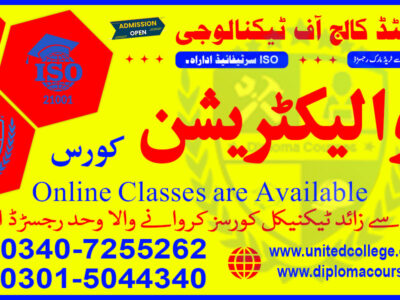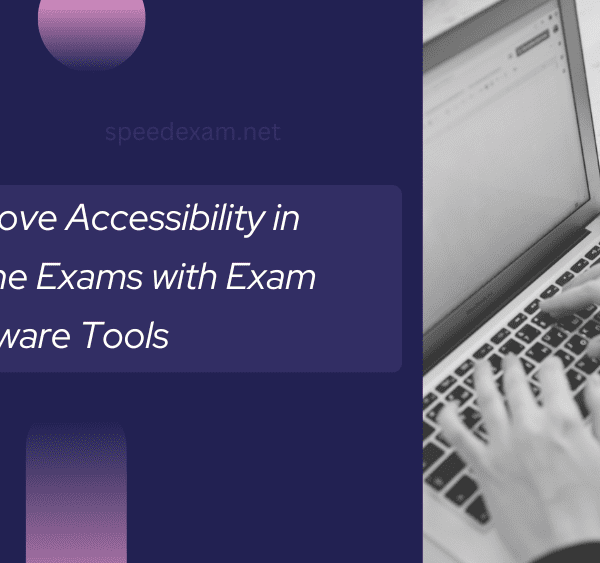
Introduction
The rapid pace of technological advancements and the changing dynamics of the global economy have reshaped the demands of the job market. Graduates are now expected to possess not only strong theoretical knowledge but also practical skills that can be immediately applied in real-world settings. In response, universities worldwide are transforming their approach to education by placing greater emphasis on skill development, internships, and robust industry collaborations.
Institutions such as Dev Bhoomi Uttarakhand University are leading this charge by designing industry-relevant curricula, offering students hands-on learning opportunities, and fostering strong connections with leading companies. The goal is simple: to prepare students for the competitive job market by equipping them with the skills, experience, and confidence needed to succeed.
In this article, we will explore how universities are evolving their educational strategies to meet industry needs, focusing on skill development, internships, placement services, and the critical role of industry collaborations.
The Rise of Industry-Linked Curricula
Universities are increasingly recognizing that traditional academic programs alone cannot fully prepare students for the realities of the job market. Industry-aligned curricula are becoming the norm, with universities revising their course offerings to ensure they match the skills and knowledge required by employers.
At Dev Bhoomi Uttarakhand University, for example, the curriculum is designed to incorporate the latest industry trends and technologies. Courses in areas such as Artificial Intelligence (AI), Machine Learning, Data Science, and Cybersecurity are offered to equip students with skills that are in high demand across sectors. Additionally, the university ensures that its programs are regularly updated based on feedback from industry professionals, guaranteeing that students remain competitive in an ever-changing job market.
Such industry-aligned curricula bridge the gap between theoretical learning and real-world applications, giving students a head start in their careers.
Hands-On Learning: The Key to Practical Skills
Practical skills are essential in today’s job market, and universities are going beyond textbooks to ensure that students gain these skills through hands-on learning. This experiential learning approach includes labs, workshops, live projects, and internships that provide students with real-world exposure.
At Dev Bhoomi Uttarakhand University, practical learning is woven into every program. For instance, students in engineering disciplines participate in lab-based projects that simulate real-world engineering challenges, while business students work on case studies that reflect the complexities of today’s global markets. The university’s state-of-the-art facilities provide students with the tools and resources they need to apply their theoretical knowledge to practical problems.
Moreover, hands-on learning extends beyond the classroom. The university has established partnerships with local and international industries to offer internships that allow students to gain valuable work experience before graduation. This practical exposure not only enhances their skill set but also increases their employability in the job market.
Internships: Bridging the Gap between Education and Employment
Internships are a vital component of a well-rounded education, providing students with the opportunity to apply what they’ve learned in the classroom to real-world situations. Internships also allow students to explore their career interests, build professional networks, and gain insights into the working environment of their chosen field.
Dev Bhoomi Uttarakhand University places a strong emphasis on internships, working closely with various industries to secure meaningful opportunities for its students. These internships are not just limited to observation; they involve active participation, where students take on projects, solve problems, and contribute to the organization’s goals. This hands-on experience helps students build confidence and gain a clearer understanding of what to expect in their future careers.
Additionally, the university’s strong industry ties ensure that internships often lead to pre-placement offers (PPOs), with companies offering full-time employment to high-performing interns. Such opportunities provide students with a smooth transition from education to employment.
Collaborations with Leading Industries: Creating a Win-Win Partnership
Collaboration with industry leaders is another crucial aspect of preparing students for the workforce. These partnerships ensure that academic programs stay relevant, and students are trained in the skills and technologies that employers are actively seeking.
At Dev Bhoomi Uttarakhand University, industry collaborations play a central role in the development of both curricula and student experiences. The university has partnered with companies across sectors such as technology, healthcare, finance, and engineering, allowing students to engage with industry professionals through guest lectures, workshops, and real-world projects.
These collaborations also enable students to participate in cutting-edge research initiatives, further enhancing their learning experience. For instance, students working on AI or Data Science projects benefit from mentorship by industry experts, gaining insights into the latest trends and challenges in their field. This exposure helps students not only understand the theoretical concepts but also apply them in solving real-world problems.
For employers, these collaborations create a talent pipeline, as they gain access to students who have been trained in industry-specific skills and are ready to contribute to their organizations from day one.
Strong Placement Support: A Launchpad for Career Success
A university’s placement services are often a deciding factor for students when choosing where to pursue their higher education. Effective placement cells provide students with the guidance and resources they need to secure job opportunities that align with their career goals.
The Placement Cell at Dev Bhoomi Uttarakhand University is dedicated to helping students navigate the transition from education to employment. The placement cell offers a comprehensive range of services, including resume building workshops, interview preparation sessions, and career counseling. These services ensure that students are well-prepared for the recruitment process and can present themselves confidently to potential employers.
In addition to these support services, the university hosts regular campus recruitment drives, where leading companies from various sectors come to hire graduating students. The university’s strong industry partnerships play a key role in facilitating these placements, with many companies offering attractive salary packages and growth opportunities to graduates.
The success of the placement cell is evident in the university’s impressive placement record, with graduates securing positions in top companies such as TCS, Infosys, HCL, and Wipro.
Success Stories: The Impact of Industry-Centric Education
Several students have successfully transitioned from university to industry thanks to Dev Bhoomi Uttarakhand University’s focus on skill development, internships, and industry collaborations. Let’s explore a couple of success stories:
- Megha Gupta: A student from the MBA program, Megha secured a management trainee position at a global consulting firm through the university’s placement cell. Her strong foundation in business analytics, coupled with her internship experience, made her stand out during the recruitment process.
- Ankit Rawat: Ankit, a graduate of the university’s engineering program, received a full-time job offer from a leading tech company after completing an internship arranged by the university. His hands-on experience in AI and Machine Learning played a significant role in securing the position.
These stories highlight the effectiveness of Dev Bhoomi Uttarakhand University’s approach to bridging education and industry, demonstrating how a strong focus on practical skills and industry exposure can lead to successful career outcomes.
Conclusion
The alignment between higher education and industry is no longer optional; it is essential for preparing students to succeed in the competitive job market. Universities like Dev Bhoomi Uttarakhand University are taking proactive steps to ensure students graduate with the skills, experience, and industry connections they need to thrive in their careers.
From industry-aligned curricula and hands-on learning to internships and robust placement support, these initiatives are transforming the educational landscape and empowering students to become future-ready professionals. For students looking to navigate their educational and career journey, platforms like Universitychalo offer invaluable resources and guidance to help them make informed decisions.











